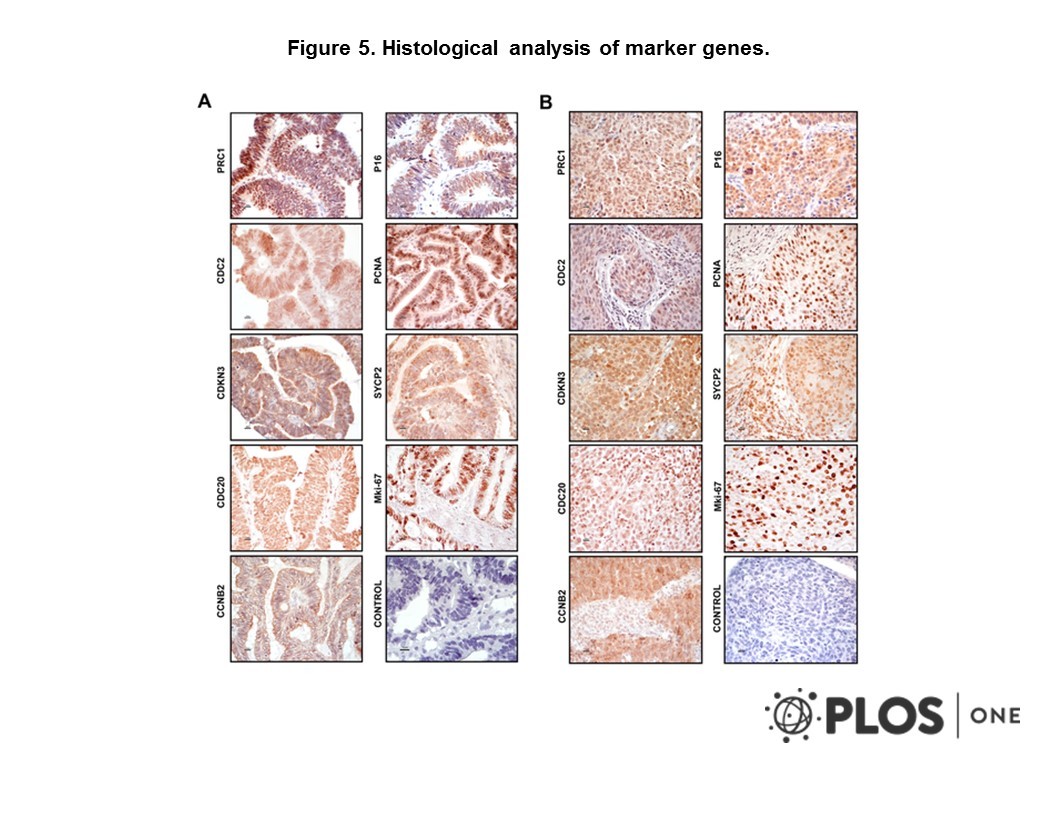Cat. #151149
Anti-PCNA [PC11]
Cat. #: 151149
Sub-type: Primary antibody
Unit size: 100 ug
Availability: 3-4 weeks
Target: Proliferating cell nuclear antigen, (PCNA), also known as cyclin or polymerase delta accessory protein.
Class: Monoclonal
Application: IHC ; WB
Reactivity: Human ; Schizosaccharomyces pombe
Host: Mouse
£300.00
This fee is applicable only for non-profit organisations. If you are a for-profit organisation or a researcher working on commercially-sponsored academic research, you will need to contact our licensing team for a commercial use license.
Contributor
Inventor: David Lane
Institute: Cancer Research UK, London Research Institute: Clare Hall Laboratories
Tool Details
*FOR RESEARCH USE ONLY (for other uses, please contact the licensing team)
- Name: Anti-PCNA [PC11]
- Alternate name: Proliferating Cell Nuclear Antigen; DNA Polymerase Delta Auxiliary Protein; ATLD2
- Cancer: Other
- Cancers detailed: Broadly Applicable
- Research fields: Cancer;Cell biology;Genetics
- Clone: PC11
- Tool sub type: Primary antibody
- Class: Monoclonal
- Conjugation: Unconjugated
- Molecular weight: 36 kDa
- Reactivity: Human ; Schizosaccharomyces pombe
- Host: Mouse
- Application: IHC ; WB
- Description: PCNA, also known as polymerase delta auxiliary protein, is essential for DNA replication and is involved in DNA excision and mismatch repair pathways. PCNA binds to the CDK inhibitor p21, the structure-specific endonucleases Fen1 and XPG, and DNA cytosine 5-methyltransferase (MCMT). PCNA is a potentially useful marker of cells with proliferative potential and for identifying the proliferation status of tumour tissue (i.e. relevant to prognosis).
- Immunogen: Protein A-PCNA fusion obtained from pC2T.
- Isotype: IgG1
- Myeloma used: Sp2/0-Ag14
Target Details
- Target: Proliferating cell nuclear antigen, (PCNA), also known as cyclin or polymerase delta accessory protein.
- Molecular weight: 36 kDa
- Target background: PCNA, also known as polymerase delta auxiliary protein, is essential for DNA replication and is involved in DNA excision and mismatch repair pathways. PCNA binds to the CDK inhibitor p21, the structure-specific endonucleases Fen1 and XPG, and DNA cytosine 5-methyltransferase (MCMT). PCNA is a potentially useful marker of cells with proliferative potential and for identifying the proliferation status of tumour tissue (i.e. relevant to prognosis).
Applications
- Application: IHC ; WB
Handling
- Format: Liquid
- Concentration: 1.1 mg/ml
- Unit size: 100 ug
- Storage buffer: PBS with 0.02% azide
- Storage conditions: -15° C to -25° C
- Shipping conditions: Dry ice
Related Tools
- Related tools: Anti-PCNA, Recombinant [PC10]
References
- Espinosa et al. 2013. PLoS One. 8(2):e55975. PMID: 23405241.
- Mitosis is a source of potential markers for screening and survival and therapeutic targets in cervical cancer.
- Singh et al. 2011. PLoS One. 6(9):e25125. PMID: 21966433.
- Partial inhibition of estrogen-induced mammary carcinogenesis in rats by tamoxifen: balance between oxidant stress and estrogen responsiveness.
- Waseem et al. 1990. J Cell Sci. 96 ( Pt 1):121-9. PMID: 1695635.
- Monoclonal antibody analysis of the proliferati...




